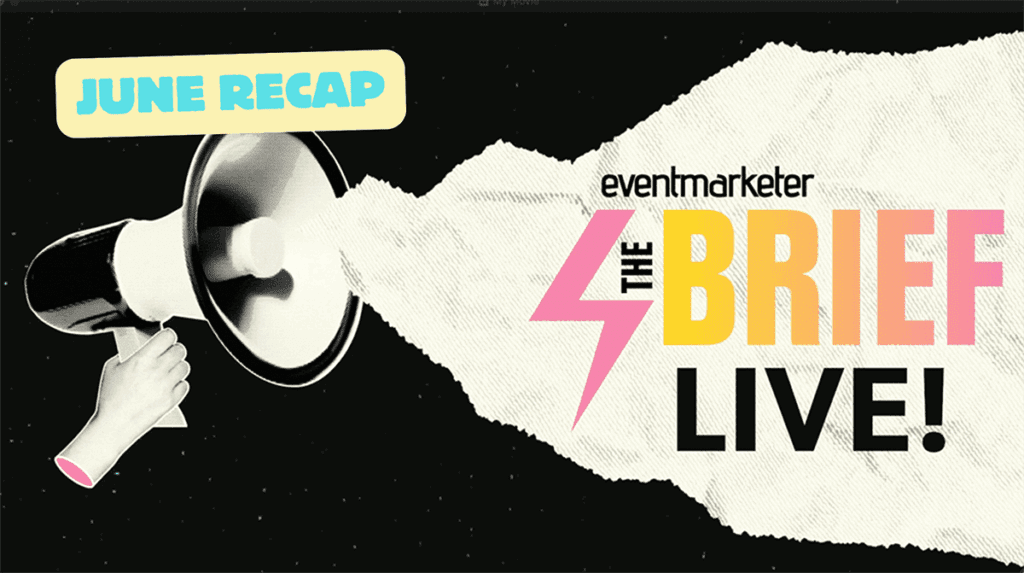I once heard that you can tell the difference between a creative person and an account person by whom they marry. Account people marry within their own religions, creatives within their own agencies.
True enough, but I think there’s another way to tell the difference. Creatives actually believe their own promotion promises and product claims. In fact, they believe that the products and services they work on are really great, and that the consumers who buy them are pretty darned smart.
I am not saying that account types don’t love the products and services they work on, just that they think differently. They look at a piece of fresh creative and worry if it’s politically correct, if the legal people will okay it, if the client will like the color. Creatives try not to think about that kind of stuff too much.
One reason for the disparity is that creatives are very often more like consumers than they are like account people. They relate to consumers and speak their language better. I’ll wager my next paycheck that the phrase “dumb it down” was not coined by a creative person.
Creative people typically give consumers a lot of credit. They also give products a lot of credit. One of the very best creative shops ever to promote a product was Doyle Dane Bernbach, which created the original Volkswagen campaign. The creatives there liked the VW so much, and felt that the consumers who would buy it were so smart, they actually dared to make fun of the little bug. They didn’t believe that “Think Small” was too hip for the room.
Know the Product In our agency, the creatives get wrapped up in the products and services. They shop where our clients’ products are sold. They buy our clients’ products in quantity, take them home and try them out on their families. I actually volunteered to get a mammogram once just to see what it was like before I started working on a promotion to motivate women to go for testing.
Creatives who work on beer promotions get some of their best inspiration in bars talking to people consuming their product. A famous Guinness promotion originated in a pub, not in an office.
Several years ago, our client Six Flags Over Mid-America was promoting a new Country Fair event, so I drove out to the country and spent a day talking to folks about their memories of old-time country fairs. I taped our conversations and found the words of the consumers were a lot more compelling than mine. The account team questioned my time sheet and mileage, saying the client would never pay for my “play day.” But Six Flags did pay, and the promotion was so successful that it has run annually for more than 15 years.
I’m not trying to slam account people. In fact, the account people at our shop are actually pretty creative in their own right. But I think they are the exception.
Of course, if it weren’t for account types and legal beagles, we creatives might all end up in jail. We might do something criminal, like set qualifying type in a font less than half the point size of the word FREE. Or forget to tell consumers that the offer is void where prohibited. I guess we creatives figure consumers expect to have to do something to qualify for whatever is FREE. We believe that consumers are usually willing to meet you half way and do their part to take advantage of an offer. If anything, we err on the side of believing that most people are basically decent and honorable.
So what can we do with this yin and yang of creatives and account folks to bring out better promotions that sell more products? We can take a closer look at the first round of creative and not be so quick to tear it apart.
We can ask what it is about impending revisions that will make a promotion more appealing to consumers. Why is the work unacceptable as is? Is it because it requires the consumer to think? Think the client will never buy it? Why not? Does it poke fun at the product? Is it too hard to execute?
It always amazes me that consumers in focus groups understand promotions just fine. They like campaigns that are a little bit different, especially those with a sense of humor. And they hate the ones that don’t take them seriously or jerk them around too much. As I said, consumers and creatives are a lot alike.
 Network
Network

